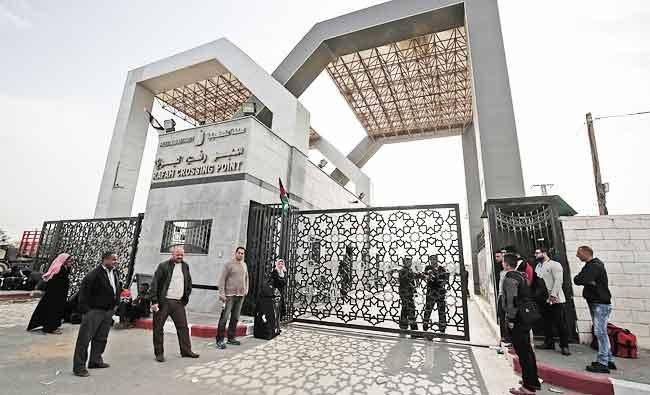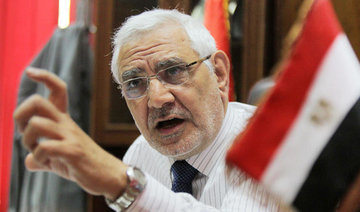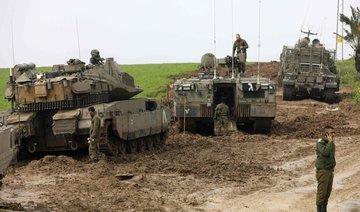EL-ARISH, Egypt: Egyptian officials say the country will open its border with the Gaza Strip amid a military campaign against insurgents in restive northern Sinai Peninsula.
The two officials said Tuesday the Rafah crossing point will operate starting Wednesday for four days on a humanitarian basis. Both spoke on condition of anonymity because they weren’t authorized to brief the media.
The Palestinian embassy in Cairo confirmed the opening of Gaza’s main gateway to the outside world.
Thousands of Gaza residents are on travel lists — most of them medical patients, students and holders of residency permits of other countries. Only a few thousand will make it out in the time allotted.
Egypt has kept Rafah largely sealed off since 2013, after the ouster of Egypt’s elected President Muhammad Mursi.
Egypt opens border with Gaza temporarily
Egypt opens border with Gaza temporarily

Prince Harry calls for aid corridors to be opened in Gaza

DUBAI: Britain’s Prince Harry has called for aid corridors to be opened into Gaza urgently following his visit to Amman, Jordan.
“Everything that I've heard and everything that I've seen, especially from World Central Kitchen, what we heard this morning on the live link, was that the food, the aid corridors need to be opened, that they're currently not,” Prince Harry said in an interview with British news program Channel 4 News.
The Duke and Duchess of Sussex met children at a refugee camp in Jordan on Wednesday during their visit to Jordan.
“It was really important for us to highlight the incredible work that Jordan does for this region and I think the work has been going on for decades but more so, recently as being a humanitarian hub for the Middle East, especially with what's going on in Gaza and Syria as well,” he added.
Prince Harry and Meghan were invited to visit the country by Director-General of the World Health Organization Tedros Adhanom Ghebreyesus, who met them after they arrived in Amman.
“The entire world has spoken up. There is a lot of stuff in the news… What's been happening in that region has been going on for a long time and it drops out of the news. So I think it was a really important time for us to collaborate and come here to shine a light and focus on the very real humanitarian catastrophe that is happening and continues,” he added.
The couple visited the Zaatari refugee camp, where they joined children to play football, and take part in art and music sessions.
“The world should be incredibly grateful for what Jordan is doing and the moral leadership that it's showing for the world right now,” he said.














